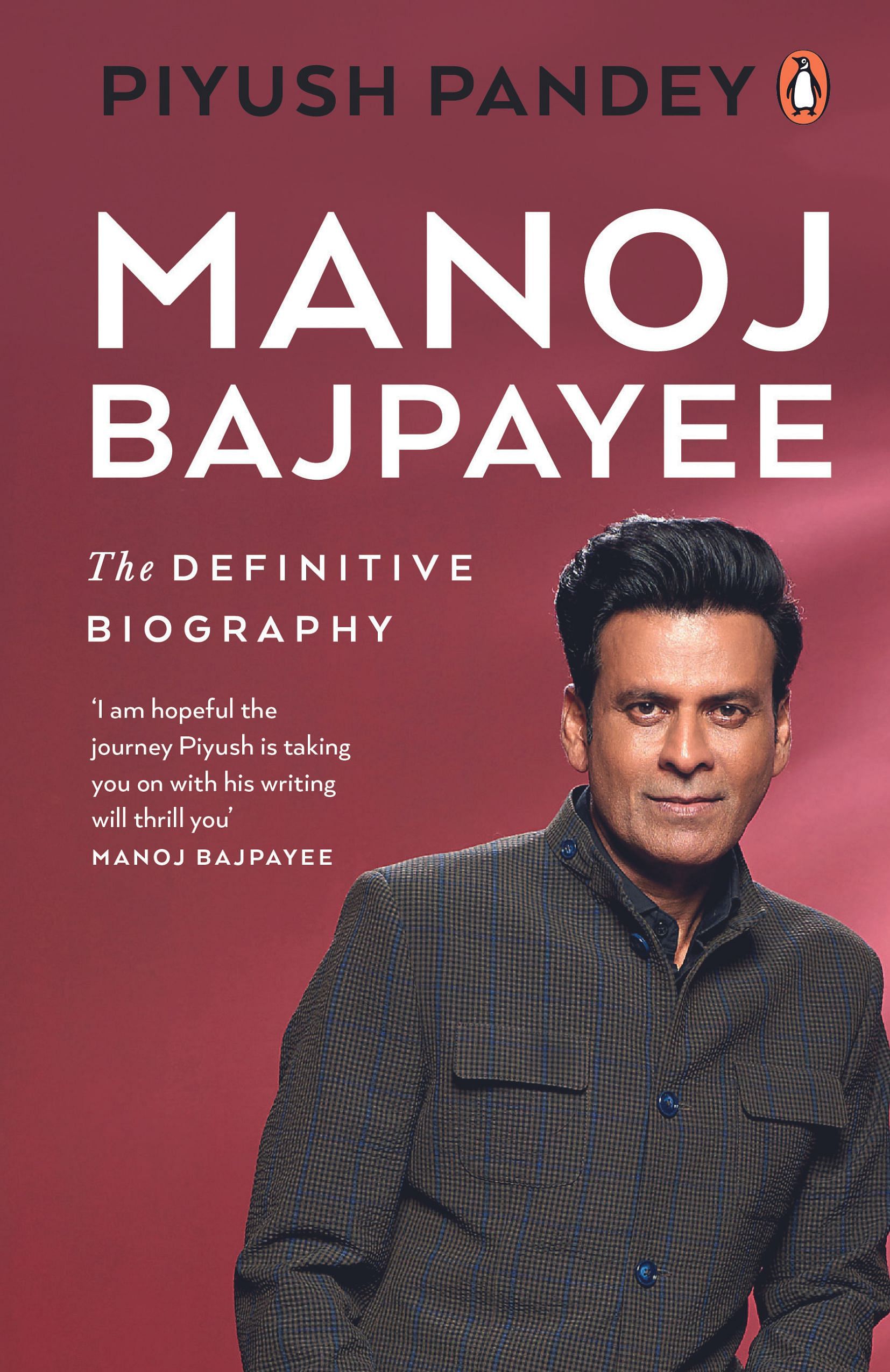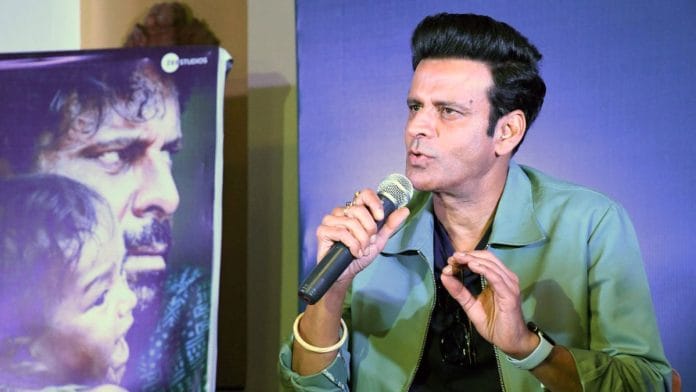Within three months of landing in Delhi, Manoj understood the importance of English. ‘Delhi elites spoke English, and I knew I couldn’t interact with them without knowing English. I also thought of maintaining some distance with the Hindi- and Bhojpuri-speaking people around me. I thought of a way. I befriended some Nigerian and Kenyan boys. We spoke in broken English but slowly started catching up. People I lived with would ask me to speak a few lines in English and then they would laugh at my accent, but I kept marching ahead. With time, my English got better.’
The three years at Nishant were life changing for Manoj as he understood the value of collaboration. He came out of his own complexes and started a new journey. He said on BBC Hindi. com, ‘I hailed from a traditional Brahmin family in Bihar. I had years of rigid societal norms inside me. I was made aware about casteism, feudalism and elitism since birth. I was told there was a washerman in the times of Lord Ram, so there should be one even now. The existence of upper and lower castes is not unusual. Shamsul’s proximity changed my mindset. I came out of my time’s paradoxes and many of my contradictions were challenged. During this era of evolution, I found a worldview. Staging plays against social distortions and economic unevenness and discussing the country’s current political scenarios became part of my daily routine.’
Manoj credits Shamsul for his transformation. ‘The person, who upon reaching Delhi introduced me to the actor within me, and made me realize the philosophies of Marx, Lenin and Gandhi was Shamsul Islam.’
Shamsul reciprocated the feeling. ‘Manoj had this incredible urge to learn, and he was a quick learner. He never said no to any work. I carried a heavy bag whenever we travelled around 30km for plays and he always insisted on carrying it. He was courteous and liked by all.
‘Once we went to a restaurant and ordered corn soup, it was the cheapest. When it was served, Manoj asked, “Isn’t this maand [starch]?” We still have a good laugh remembering it.’
‘His speciality was remembering long dialogues with much ease,’ Vinod Agnihotri corroborates.
Manoj was close to Shamsul’s family. Their daughter Shivi was quite fond of him and called him ‘Chacha’. He also loved her a lot.
Manoj made many friends at Nishant, and among them Bharat Acharya was special. Bharat owned a gas agency and took care of Manoj’s well-being as well. He passed away following a cardiac arrest on 24 January 2019.
Manoj did the first year of his graduation at Satyawati and managed to get transferred to Ramjas with some help from his friends and teachers. He kept doing plays at Nishant and Ramjas simultaneously. These included The Comedy of Errors and An Enemy of the People, among others. The latter was the first play in which he got the lead role. He also performed in many shows in Hindu College. When they were looking for a heroine, many girls from Hindu College were willing to audition for the role, but they weren’t ready to embrace Manoj in a scene in the play as their parents were expected to come and watch the play.
They finally managed to find an actress in Indraprastha College who was willing to play the role. She had no qualms about kissing on stage as well. Desh Deepak, the director of the play, wanted to cast Ashish Vidyarthi in the lead, but Ashish turned down the offer. Manoj saw Ashish performing for the first time in Ramjas and was really impressed with his command over Hindi as well as English. Manoj parted ways with Nishant after graduation. Shamsul never sensed Manoj’s strong leaning towards films. ‘He had a great eagerness for theatre. I believed this is what he wanted to do for the rest of his life. I gave him the example of Indian People’s Theatre Association [IPTA] which failed its mission when its prominent actors started working in Bollywood and left the ideology behind. Probably that is why he never talked about moving to Mumbai.’
It seems Shamsul’s ultra-left ideology was also a reason behind Manoj’s drift. Manoj wrote in a column for the BBC, ‘The person who gave me Shamsul Islam’s name also told me about his left leaning and theatre background. Truth be told, I wasn’t really aware about the ideological differences.’
Shamsul’s involvement with the Naxalbari movement was a known thing. He also did guerilla plays during the Emergency. He admits his relationship with Naxal groups. ‘I got married after the Emergency ended. Then we did our first show at Azadpur Municipal Market on 28 September 1977. It was Girgit. After working for a while on such plays, we formed Nishant, our drama company.’
Nishant still carries the same ideology. ‘We have expelled famous actors from Nishant after knowing that their wives have fasted for a son, or they have been a part of weddings where dowry was demanded,’ says Shamsul.
More than a theatre group, Nishant operated like a political agency. The plays were given specific political flavours. This might have made Manoj uncomfortable, and then there was the dream of NSD too.
Shamsul’s expectations from Manoj died when he left the group. He told me, ‘Manoj is a part of the rat race now. He should have returned to his village because he was famous and could have raised money.’
Manoj has also talked about returning to his roots, but not every wish turns into reality!
Anyway, it’s easier said than done.
 This excerpt from ‘Manoj Bajpayee: The Definitive Biography’ by Piyush Pandey has been published with permission from Penguin Random House India.
This excerpt from ‘Manoj Bajpayee: The Definitive Biography’ by Piyush Pandey has been published with permission from Penguin Random House India.






